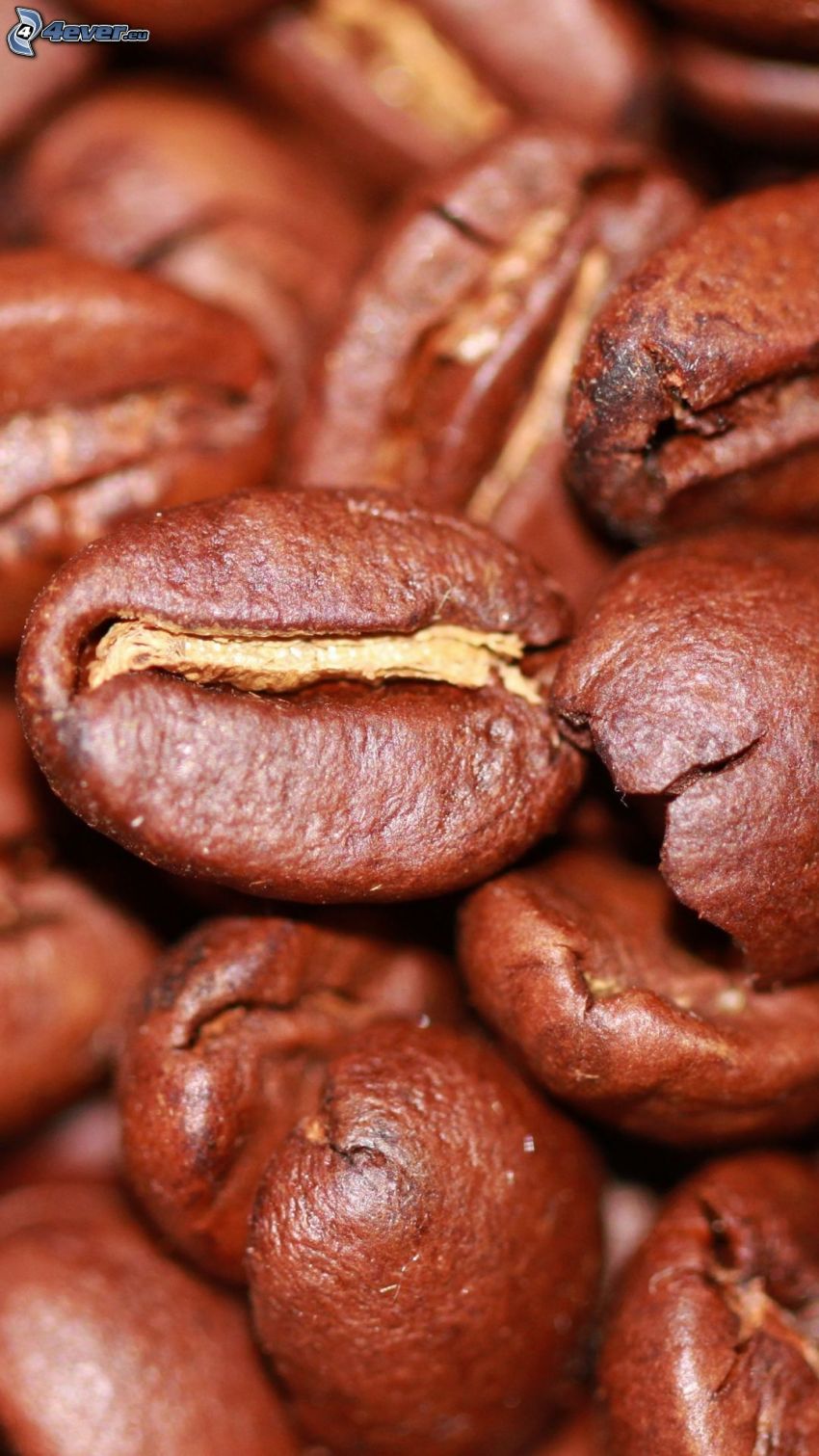Uncovering the Mystique: Individual Origin Coffee Explained

In typically the world of espresso enthusiasts, there is usually a term of which carries a particular allure and class - single origin coffee. This concept goes beyond merely a regular glass of joe; that encapsulates a journey from farm to cup, highlighting the particular unique characteristics regarding coffee beans produced inside a specific area. For all those seeking the deeper connection together with their daily produce, exploring the realm of single origin coffee can open up the whole new physical experience.
History of One Origin Coffee

The concept of single origin coffee date ranges back centuries, beginning in regions such as Ethiopia and Yemen. Initially, coffee seemed to be cultivated and eaten locally within these specific areas, exhibiting the unique characteristics regarding the land and climate for the taste profile with the espresso beans.
Like trade routes widened, single origin coffee gained reputation in Europe plus beyond. Arabica beans from regions including Colombia, Kenya, in addition to Brazil started to be recognized for their distinctive tastes, influenced simply by factors such while altitude, soil quality, and weather conditions.
Right now, single origin coffee is celebrated for its visibility and authenticity, permitting consumers to trace the exact source of their coffees. This specific emphasis on beginning highlights the variety of flavors found in different coffee-growing parts, appealing to espresso enthusiasts seeking some sort of personalized and stunning coffee experience.
Benefits of Single Origin Coffee
When it comes to be able to single origin coffee, one of many key advantages is the unique flavor profile it offers. Each batch is harvested coming from a specific region, enabling coffee enthusiasts to see distinct taste notes that reflect the particular terroir of the area. This ensures a more specialized in addition to memorable coffee-drinking encounter.
One other benefit of single origin coffee is the openness in sourcing. Simply by knowing exactly in which the beans are grown, consumers could have greater assurance in the quality and authenticity with the coffee they are usually purchasing. This immediate connection to the origin also promotes sustainability practices and helps the livelihoods associated with local coffee growers.
In addition, single origin coffee often goes through careful processing to preserve the built in flavors of typically the beans. This attention to detail inside of cultivation and production results in a better quality final item that showcases the actual essence of typically the fastened. Whether you prefer a fruity Ethiopian brew or a rich Colombian blend, single origin coffee gives a diverse array of choices for coffee connoisseurs to learn.

Diverse Flavors of Single Origin Espresso
To start with, single origin coffee is renowned for its unique flavor profiles that reflect the exclusive characteristics of the region where this is grown. From the floral and fruity notes of Ethiopian beans to the particular chocolatey richness involving Colombian coffee, each and every cup offers the journey of flavours that transport the drinker to its place of origins.
Second, the terroir in the coffee-growing region plays a crucial position in shaping typically the flavors of single origin coffee. Factors such as altitude, climate, plus soil composition bring about to the technicalities present in each selection. This connection among the coffee grow and its atmosphere results in some sort of diverse selection of flavours that focus on various preferences and palates.
Lastly, the purity in addition to simplicity of single origin coffee allow for a new deeper exploration of flavors, as presently there are no combinations to mask or perhaps dilute the distinctive taste profiles. Java enthusiasts can savor the intricate intricacies and subtle undertones seen in each mug, appreciating the design and dedication associated with the farmers who cultivate these extraordinary beans.
